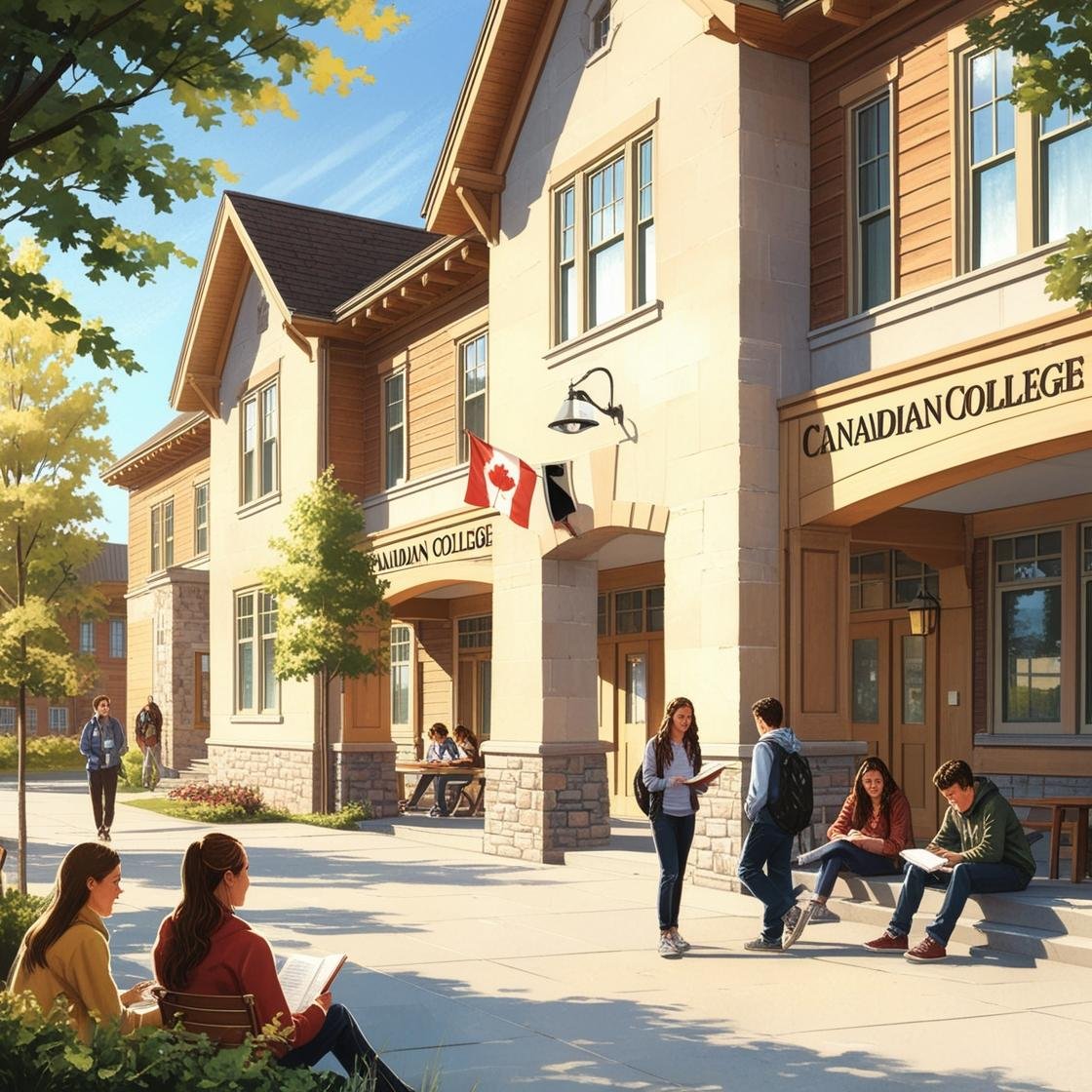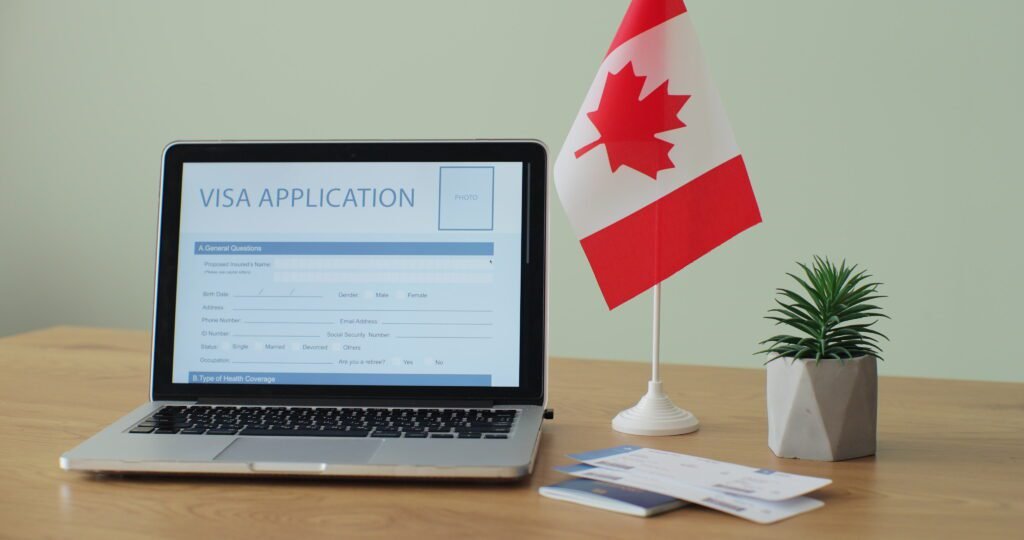Studying in Canada offers more than just a world-class education—it provides opportunities for international students to gain valuable work experience. Recent updates to Canada’s off-campus work rules allow eligible students to work up to 24 hours per week while studying. This flexibility can help students support themselves financially and build their resumes.
In this guide, we’ll explain the updated rules for off-campus work, eligibility criteria, how to get a Social Insurance Number (SIN), and how Yoke Immigration can help you navigate the process.
Recent Changes to Off-Campus Work Hours
Starting November 8, 2024, eligible international students can work up to 24 hours per week off campus without needing a separate work permit. This change provides more flexibility for students balancing work and studies.
However, working in Canada as an international student comes with strict rules. It’s crucial to meet all the eligibility criteria to avoid jeopardizing your study permit or immigration status.
Who Can Work Off-Campus?
Not all international students are eligible to work off campus. Both students and employers must ensure all conditions are met before starting any employment.
Eligibility Requirements
You can work off campus without a work permit if:
- You’re a full-time student at a designated learning institution (DLI).
- You’re enrolled in:
- A post-secondary academic, vocational, or professional training program, or
- A secondary-level vocational program (Quebec only).
- Your program is at least 6 months long and leads to a degree, diploma, or certificate.
- Your study program has already started.
- You have a valid Social Insurance Number (SIN).
How Many Hours Can You Work Off-Campus?
During Regular School Terms
You can work up to 24 hours per week during regular semesters. You can divide these hours among multiple jobs if needed.
Tip: Keep track of your work hours to ensure you comply with the conditions of your study permit.
During Scheduled Breaks
During school breaks (e.g., winter holidays, summer vacations, or reading weeks), you can:
- Work full-time without hourly restrictions.
- Take on multiple jobs or work overtime.
Important: To work full-time during breaks, you must be a full-time student before and after the break.
If Your Program Has No Scheduled Breaks
If your study program doesn’t have scheduled breaks, you can only work up to 24 hours per week throughout the year.
Who Can’t Work Off-Campus?
You’re not eligible to work off campus without a work permit if:
- Your study permit explicitly states that you cannot work off campus.
- You’re enrolled in:
- An English or French as a Second Language (ESL/FSL) program.
- General interest courses.
- Prerequisite courses required for admission into a full-time program.
- Your study situation changes, making you ineligible to meet the work requirements.
Getting a Social Insurance Number (SIN)
A Social Insurance Number (SIN) is essential for anyone working in Canada. To apply for a SIN, your study permit must include one of the following conditions:
- May work 24 hours per week off campus or full-time during regular breaks if meeting criteria outlined in paragraph 186(v) of the Immigration and Refugee Protection Regulations.
- May accept employment on or off campus if meeting eligibility criteria, per paragraph R186(f), (v), or (w).
If your study permit does not include these conditions, you must apply for an amendment before obtaining a SIN.
Working After You Complete Your Studies
Once you finish your study program, you may be eligible to work full-time under the following conditions:
- You’ve applied for a post-graduation work permit (PGWP) before your study permit expires.
- You’re starting a new study program at a DLI within 150 days of completing your current program.
To work full-time in either scenario, you must meet all the conditions outlined in your study or work permit.
Avoid Common Pitfalls
Working more than the allowed hours (e.g., exceeding 24 hours per week during regular semesters) can:
- Result in losing your student status.
- Lead to the rejection of future work or study permit applications.
- Force you to leave Canada.
To avoid such consequences:
- Keep detailed records of your work hours.
- Ensure you remain enrolled and actively pursuing your studies.
Working Outside Canada
You can work remotely for employers outside Canada while studying, provided you comply with your study permit conditions. Remote work for a foreign employer does not count toward your 24-hour work limit.
How Yoke Immigration Can Help
Navigating Canada’s off-campus work rules can be challenging, but Yoke Immigration is here to simplify the process. Our services include:
- Study Permit Consultation: We’ll help you understand the conditions of your study permit.
- Amendment Assistance: Need to update your study permit? We’ll guide you through the process.
- Post-Graduation Work Support: From PGWP applications to career planning, we’re here to help.
Check out our Study Permits Page for more resources or Contact Us for personalized support.
Frequently Asked Questions
Can I work off-campus if I’m studying part-time?
Yes, but only if:
- You’re in your final semester and need fewer courses to graduate.
- You were previously a full-time student in your program.
What happens if I work more than 24 hours per week during a semester?
Working more than the allowed hours violates your study permit conditions. This can result in losing your status and future work or study permits.
Can I work while switching schools?
No. You can only resume work once you’re enrolled and actively studying at your new school.
Start Your Journey Today
Canada’s updated off-campus work rules open new opportunities for international students. With careful planning and compliance, you can gain valuable work experience while pursuing your studies.
Need help understanding your eligibility?
Reach out to Yoke Immigration for expert guidance with free consultation. Visit our Work and Study in Canada Page to learn more, or Contact Us today!














